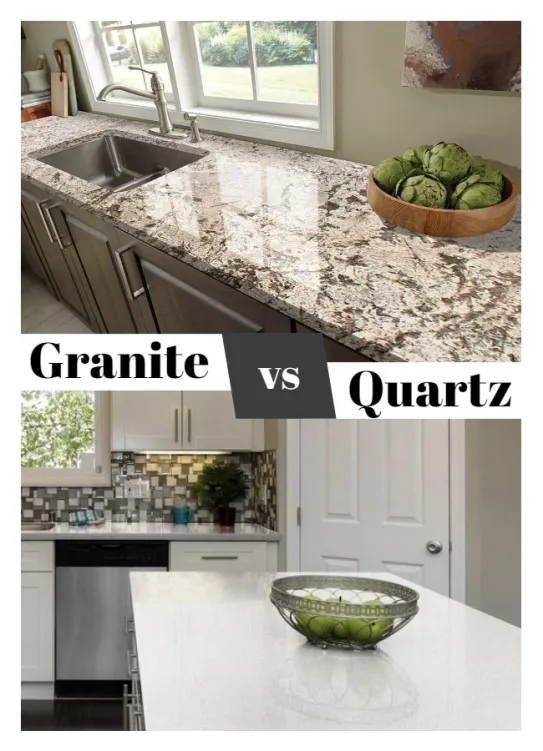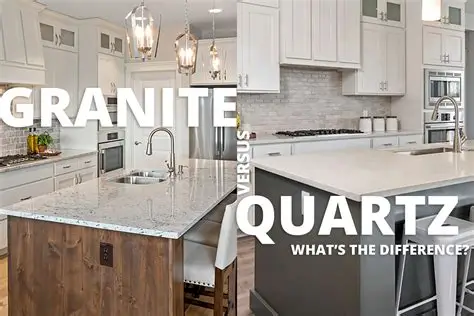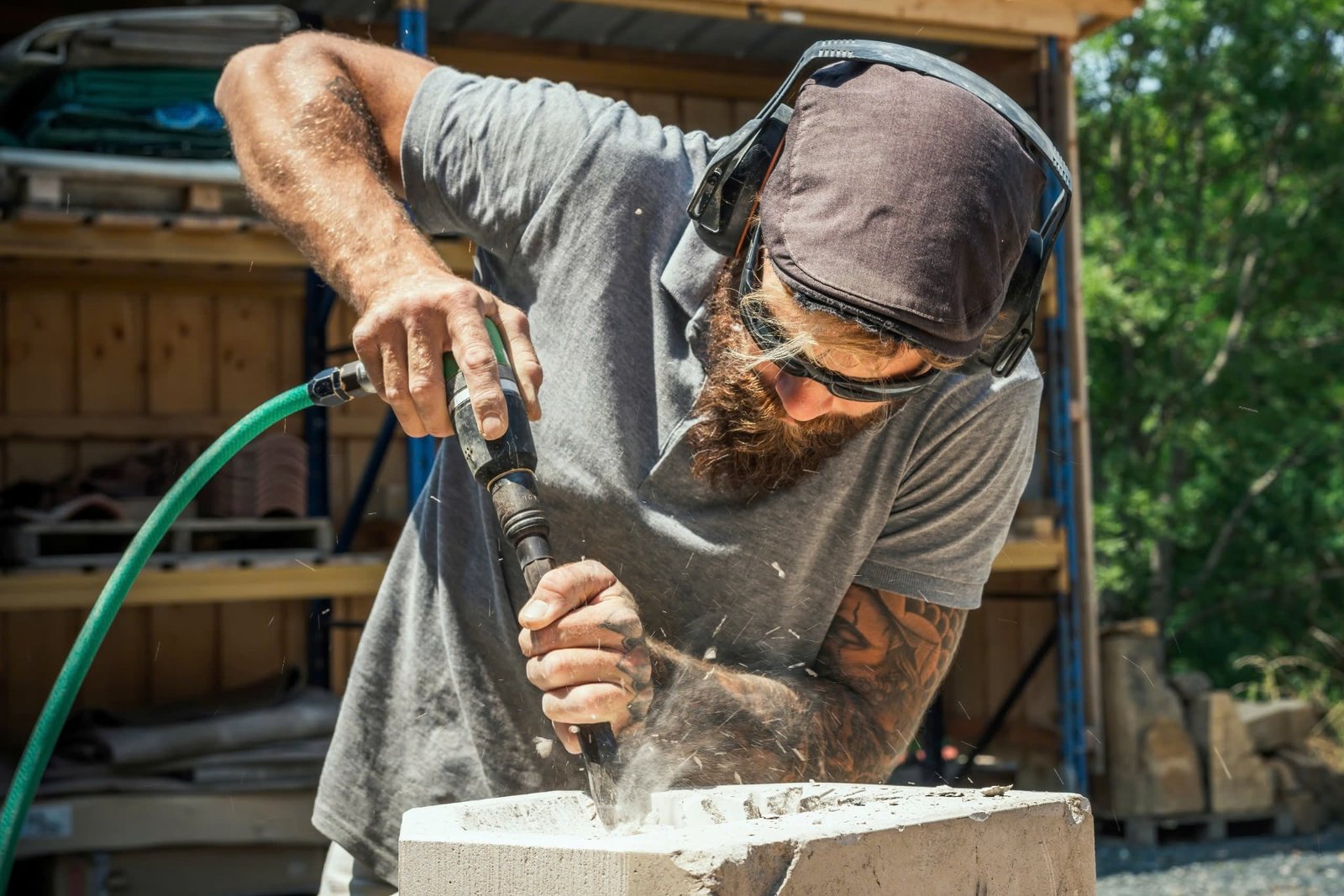
When choosing between granite countertops and quartz countertops, price is often one of the biggest deciding factors.
When choosing between granite countertops and quartz countertops, price is often one of the biggest deciding factors. While both materials offer beauty, durability, and long-term value, their cost structures differ due to material sourcing, manufacturing, and installation processes. In this guide, we’ll break down the cost differences between granite and quartz, factors influencing price, and tips for choosing the right countertop for your budget.

Understanding Granite Countertops
Granite is a natural stone formed deep within the Earth’s crust when magma + what equals granite? It’s quarried, cut into large granite slabs for countertops, and polished or honed before installation.
Price Range for Granite
- Standard Granite: $40–$60 per square foot (installed)
- Mid-Grade Granite: $60–$80 per square foot (installed)
- High-End Granite: $80–$200+ per square foot (installed)
The wide price range reflects differences in rarity, color, slab thickness, and the cost of importing exotic varieties like blue pearl granite countertops or white granite countertops.

Understanding Quartz Countertops
Quartz countertops are an engineered stone, made from 90–95% crushed natural quartz mixed with resins and pigments. Unlike granite, which is mined and cut in large slabs, quartz is manufactured, allowing for more uniformity in pattern and color.
Price Range for Quartz
- Standard Quartz: $50–$70 per square foot (installed)
- Mid-Grade Quartz: $70–$100 per square foot (installed)
- Premium Quartz: $100–$150+ per square foot (installed)
The manufacturing process keeps quartz pricing more consistent than granite, but high-end designer colors and patterns can still drive up costs.
Granite vs Quartz: Which Is More Expensive?
In general:
- Entry-level granite can be cheaper than quartz.
- High-end granite can cost significantly more than quartz.
- Mid-range options for both materials often overlap in price.
For an apples-to-apples comparison, consider:
- Local availability of stone types
- Thickness of the slab
- Edge profiles (beveled, ogee, waterfall)
- Fabrication and installation fees
See also:
- Are Granite Countertops Better than Quartz Countertops?
- Which Is More Durable: Granite or Quartz Countertops?
Factors That Influence Cost
- Material Rarity
Exotic granite from rare quarries costs more due to transport and limited supply. Quartz pricing depends more on brand and design complexity. - Slab Thickness
A standard 2cm slab costs less than a thicker 3cm slab, but thicker slabs are often preferred for durability and aesthetics. - Edge Design
Custom edges like ogee, mitered, or waterfall increase the total price. - Installation Complexity
Homes with irregular layouts, multiple cutouts, or integrated sinks require more labor. Professional installation may involve specialized tools such as a kerb stone lifter for safe handling. - Geographic Location
Prices vary depending on your distance from stone suppliers and local labor rates.
Long-Term Value Considerations
While upfront cost matters, consider lifespan and maintenance costs:
- Granite requires periodic sealing to maintain stain resistance.
- Quartz requires no sealing but can be vulnerable to heat damage.
- Both materials add resale value to homes and are considered best granite countertops for kitchens and bathrooms in terms of investment return.
Are Granite Countertops Still Popular?
Yes—granite remains a top choice for granite kitchen countertops, granite bathroom countertops, and granite countertops with white cabinets. While quartz has grown in popularity, granite’s natural beauty and outdoor suitability make it a favorite for granite countertops for outdoor kitchens.
Weathering, Wear, and Durability
Granite is more resistant to outdoor elements, whereas quartz can discolor in direct sunlight. In geological terms, granite can develop natural cracks over centuries due to what type of weathering is illustrated by the cracks in the simulated granite outcrop below?—but this does not typically affect its performance as a countertop material indoors.
Final Verdict: Cost Perspective
If you’re on a tighter budget, you can often find affordable granite countertops for modern kitchens at wholesale suppliers, especially if you choose common colors like brown or black granite. For consistent pricing and low maintenance, quartz may be the better option.
Ultimately, the “more expensive” material depends on the specific grade and style you choose. Entry-level granite is cheaper than quartz, but high-end granite can surpass quartz in cost.

